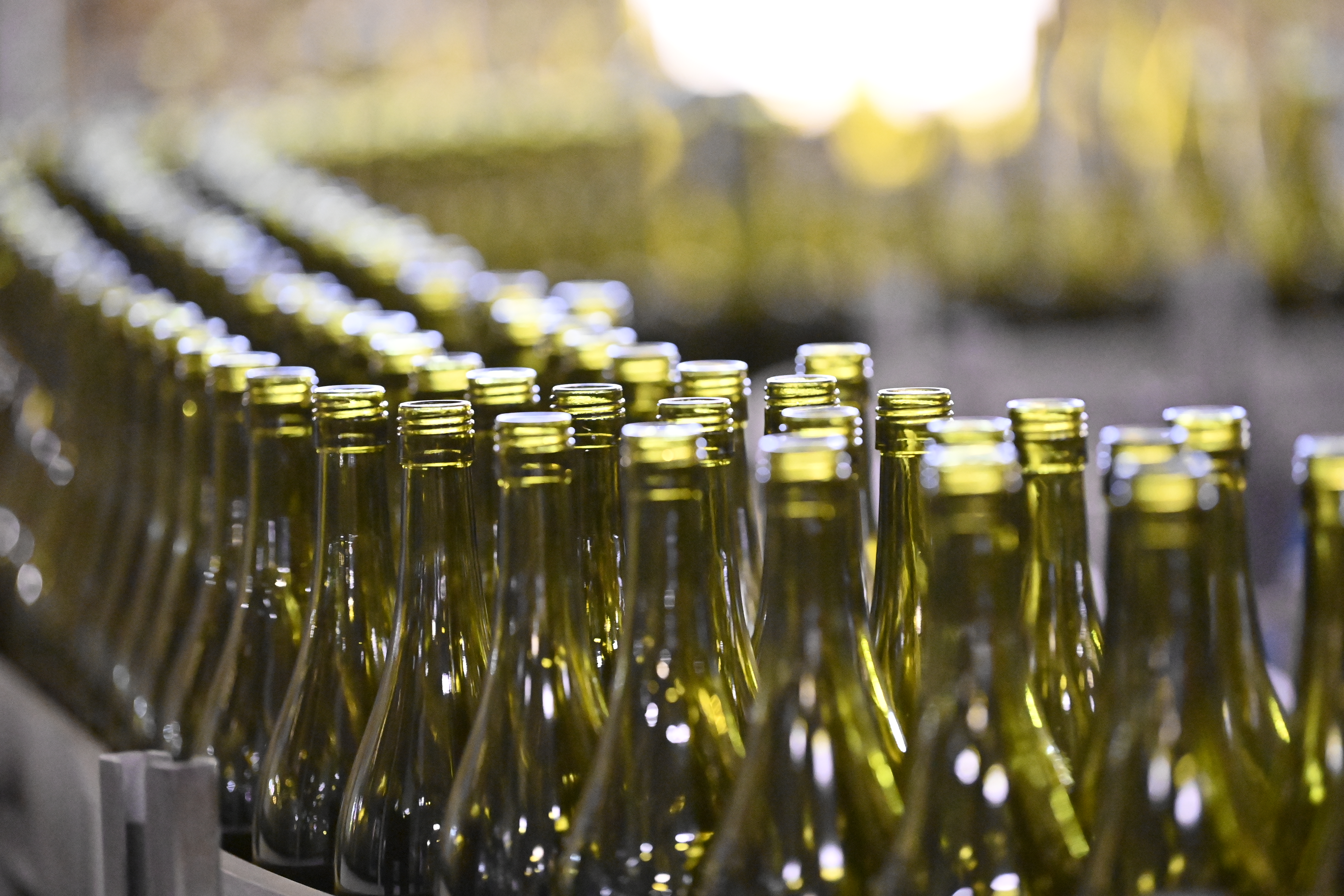Verallia steps up glass reuse projects in Europe
Climate change requires a concrete and urgent response to the challenges of packaging reduction and decarbonization. Convinced that reuse is one of the vectors of the glass industry’s future, Verallia, Europe’s 1st and the world’s 3rd largest producer of glass packaging for beverages and food products, is stepping up initiatives in this field in Europe. For over 3 years now, the Group has been fully committed to the development of reuse, working towards a viable solution for the planet and individuals. Between 2023 and 2024, several structuring projects will be deployed in France, Germany, Spain and Italy.

VERALLIA, A PROACTIVE AND COMMITTED PLAYER IN GLASS REUSE
Very proactive on the subject, Verallia is one of the pioneers of glass reuse. In line with its purpose to “reimagine glass for a sustainable future”, the Group has been committed since 2020 to fostering innovation to reduce CO2 emissions, increase the rate of recycled glass in its production and develop reuse. The Group is aiming to reduce its emissions by 46% (in absolute terms, scopes 1 and 2) and is aiming for carbon neutrality by 2050.
The composition of glass, and its intrinsic conservation and safety properties, make it one of the preferred materials for re-use. Circular by nature, glass can be reused up to 30 or 50 times without deterioration, before being 100% recycled, with no loss of material.
A powerful lever for environmental impact, reuse can reduce energy consumption and CO2 emissions from glass bottles by a factor of four[1].
But structuring such a sector is a challenge at every level. It involves rethinking the glass value and supply chain, from technical design to collection and washing, as well as structuring new models for reuse in markets with varying maturity and regulatory contexts. It also means supporting changes in consumer behavior in this area.
Wendy Kool-Foulon, CSR and legal director of the Verallia group, explains: “We are convinced of the potential of reuse and have been at the initiative of several ‘Re-use Lab’ think tanks bringing together all the players in the ecosystem for over three years. It’s an in-depth process, requiring close collaboration with our stakeholders to make it an economically and ecologically viable solution. We are now entering an acceleration phase, with several pilot projects taking shape in Europe. The results of these test phases will guide our strategy and should support the creation of nationwide reuse channels in the countries where we operate.”
LOCAL INITIATIVES AND PILOT PROJECTS LAUNCHED IN SEVERAL EUROPEAN MARKETS
Germany: reusable wine bottles by 2024
In Germany, a particularly mature country in terms of reuse, Verallia is investing in its own national range of reusable 0.75-liter wine bottles, available in two colors. This major project positions the subsidiary as a pioneer in reuse and a full-service provider for manufacturing, delivery, cleaning and logistics. Available from the second quarter of 2024, this range has been specifically developed to meet the constraints of standardization and robustness imposed by reuse, while retaining freedom of customization through the creation of specific decorations and giving winegrowers the opportunity to express their own identity.
Spain: an innovative winegrowing project financed by Europe
In Spain, the Verallia group is involved in a large working group led by the Spanish Wine Federation (FEV). This group is working on a pilot project called REBO2VINO, the aim of which is to analyze the impact and viability of a bottle reuse system within the wine sector, on all links in the value chain and product life cycle. This range, developed in collaboration with international laboratories, responds to the need to optimize the number of uses of each bottle. This project, backed by European funding to the tune of €563,000, is a first step towards developing this model on a national scale in the on-trade. The work of this working group will continue until March 2025, in order to roll out this model on a European scale.
France: Verallia implements its pilot project with Bout’ à Bout’
Among the many local reuse initiatives, Nantes-based startup Bout’ à Bout’, founded in 2016, caught the Group’s eye for its ability to pilot the entire reuse cycle, from glass packaging collection to washing to redistribution. Over the year 2022, Bout’ à Bout’ collected over 700,000 reusable bottles in the Pays de la Loire region from 220 partner sales and collection outlets. Verallia France has taken a minority stake in Bout’ à Bout’ and will contribute its technical and logistical expertise to support this scale change. A first step towards the development of a dedicated industry in France.
Italy: a “Re-use Lab”, preamble to its own pilot project
At the end of a “Re-use Lab” held in March 2023, Italy brought together over a hundred key players to take stock of the circular economy circuits present on the local market and the opportunities for developing re-use – thus laying the foundations for a future pilot project. This is yet another opportunity for Verallia to affirm its position as a forerunner in this field to all players in the value chain.
To read more about the Verallia Group’s sustainable strategy, click here to see the 2022 CSR report.
[1] Verallia calculation corresponding to a reusable bottle completing twenty cycles (based on a 95% return rate) in the same French region, compared with a lighter, recycled single-use bottle.